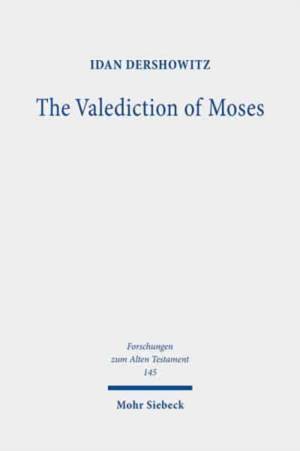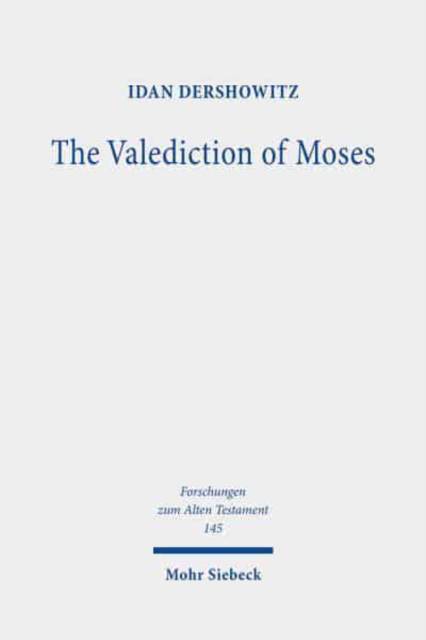
- Afhalen na 1 uur in een winkel met voorraad
- Gratis thuislevering in België vanaf € 30
- Ruim aanbod met 7 miljoen producten
- Afhalen na 1 uur in een winkel met voorraad
- Gratis thuislevering in België vanaf € 30
- Ruim aanbod met 7 miljoen producten
Zoeken
Omschrijving
Moses Wilhelm Shapira's infamous Deuteronomy fragments - long believed to be forgeries - are authentic ancient manuscripts, and they are of far greater significance than ever imagined. The literary work that these manuscripts preserve - which Idan Dershowitz calls "The Valediction of Moses" or "V" - is not based on the book of Deuteronomy. On the contrary, V is a much earlier version of Deuteronomy. In other words, V is a proto-biblical book, the likes of which has never before been seen. This conclusion is supported by a series of philological analyses, as well as previously unknown archival documents, which undermine the consensus on these manuscripts. An excursus co-authored with Na'ama Pat-El assesses V's linguistic profile, finding it to be consistent with Iron Age epigraphic Hebrew. V contains early versions of passages whose biblical counterparts reflect substantial post-Priestly updating. Moreover, unlike the canonical narratives of Deuteronomy, this ancient work shows no signs of influence from the Deuteronomic law code. Indeed, V preserves an earlier, and dramatically different, literary structure for the entire work - one that lacks the Deuteronomic law code altogether. These findings have significant consequences for the composition history of the Bible, historical linguistics, the history of religion, paleography, archaeology, and more. The volume includes a full critical edition and English translation of V.
Specificaties
Betrokkenen
- Auteur(s):
- Uitgeverij:
Inhoud
- Aantal bladzijden:
- 216
- Taal:
- Engels
- Reeks:
Eigenschappen
- Productcode (EAN):
- 9783161606441
- Verschijningsdatum:
- 1/04/2021
- Uitvoering:
- Hardcover
- Formaat:
- Genaaid
- Afmetingen:
- 155 mm x 234 mm
- Gewicht:
- 458 g

Alleen bij Standaard Boekhandel
+ 239 punten op je klantenkaart van Standaard Boekhandel
Beoordelingen
We publiceren alleen reviews die voldoen aan de voorwaarden voor reviews. Bekijk onze voorwaarden voor reviews.







